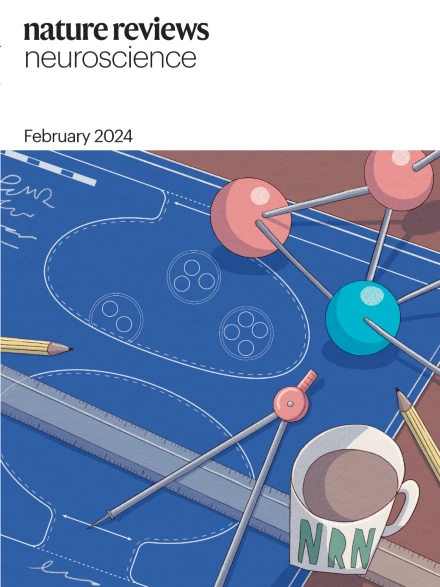胰高血糖素样肽-1受体激动剂在关节炎中的作用:当前的见解和未来的方向。
IF 32.7
1区 医学
Q1 RHEUMATOLOGY
引用次数: 0
摘要
全世界近六分之一的成年人患有肥胖症。过度肥胖是一种促炎状态,与几种关节炎的风险增加、关节炎疾病活动性和/或严重程度增加以及对某些治疗的反应较差有关。肥胖是心血管疾病的主要危险因素,是骨关节炎(OA)、痛风、类风湿关节炎、银屑病关节炎和轴性脊柱炎等常见关节炎患者死亡的主要原因。胰高血糖素样肽-1受体激动剂(GLP-1RAs)是关节炎、肥胖或2型糖尿病患者的一种很有前景的治疗选择,因为它们具有多效性,包括减肥、提高生存率和降低主要心血管和肾脏事件的风险。关节炎的体外和临床前体内实验已经发现了GLP-1RAs不依赖于减肥的抗炎和软骨保护特性。在膝关节OA中,临床数据表明GLP-1RAs可改善疼痛和功能,降低手术干预的风险;然而,它们对OA发病率的影响仍不完全清楚。有证据表明,GLP-1RAs不能直接预防痛风发作,但可以有效地控制与痛风和其他关节炎相关的心脏代谢状况。需要更多的研究来阐明GLP-1RAs对类风湿关节炎、银屑病关节炎和轴性脊柱性关节炎的发病率、疾病活动性和进展的影响。本文章由计算机程序翻译,如有差异,请以英文原文为准。
Glucagon-like peptide-1 receptor agonists in arthritis: current insights and future directions.
Obesity affects nearly one in six adults worldwide. Excess adiposity is a pro-inflammatory state associated with increased risk of several types of arthritis, increased arthritis disease activity and/or severity, and poorer response to certain treatments. Obesity is a major risk factor for cardiovascular disease, the leading cause of death in people with common arthritides such as osteoarthritis (OA), gout, rheumatoid arthritis, psoriatic arthritis and axial spondyloarthritis. Glucagon-like peptide-1 receptor agonists (GLP-1RAs) are a promising therapeutic option for people with arthritis and obesity or type 2 diabetes mellitus owing to their pleiotropic effects, including weight loss, improved survival and reduced risk of major cardiovascular and renal events. In vitro and preclinical in vivo experiments in arthritis have uncovered weight-loss-independent anti-inflammatory and chondroprotective properties of GLP-1RAs. In knee OA, clinical data suggest that GLP-1RAs improve pain and function and reduce the risk of surgical intervention; however, their effects on OA incidence remain incompletely understood. Evidence suggests that GLP-1RAs do not directly prevent gout attacks, but are effective in managing cardiometabolic conditions commonly associated with gout and other arthritides. More research is needed to clarify the effects of GLP-1RAs on incidence, disease activity, and progression of rheumatoid arthritis, psoriatic arthritis and axial spondyloarthritis.
求助全文
通过发布文献求助,成功后即可免费获取论文全文。
去求助
来源期刊

Nature Reviews Rheumatology
医学-风湿病学
CiteScore
29.90
自引率
0.90%
发文量
137
审稿时长
6-12 weeks
期刊介绍:
Nature Reviews Rheumatology is part of the Nature Reviews portfolio of journals. The journal scope covers the entire spectrum of rheumatology research. We ensure that our articles are accessible to the widest possible audience.
 求助内容:
求助内容: 应助结果提醒方式:
应助结果提醒方式:


